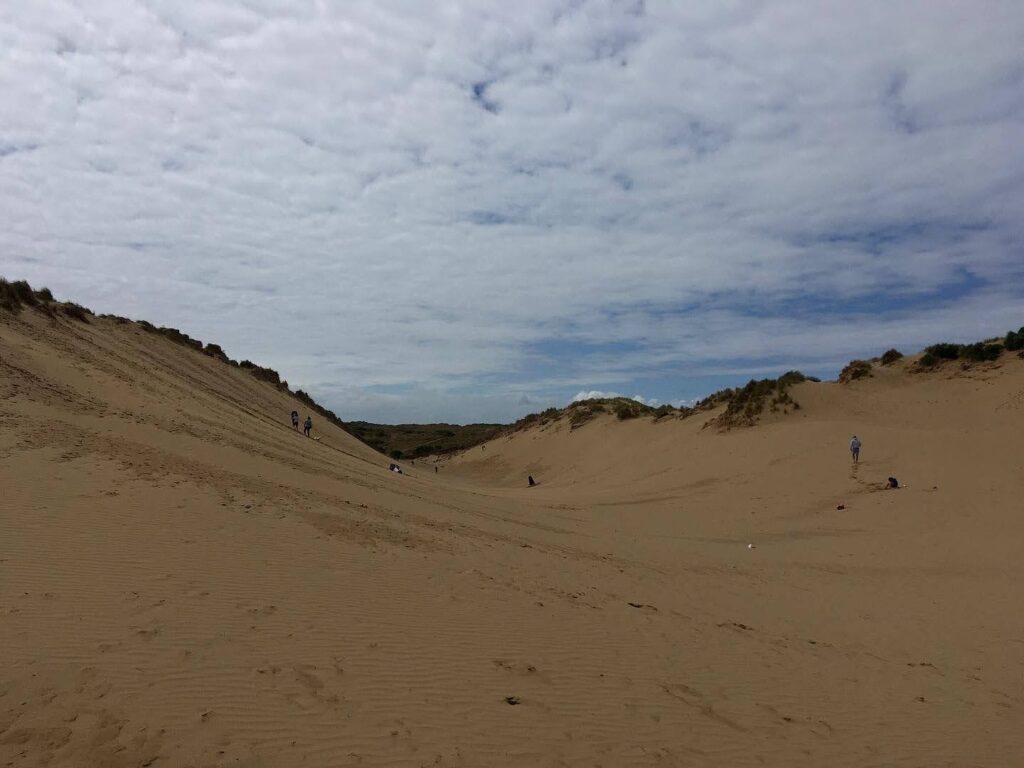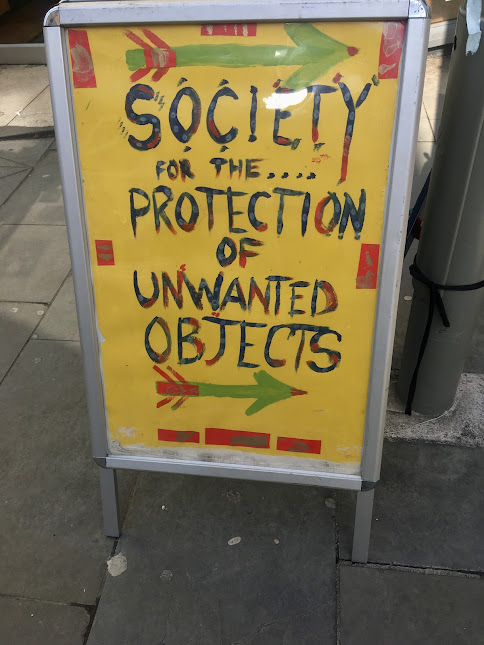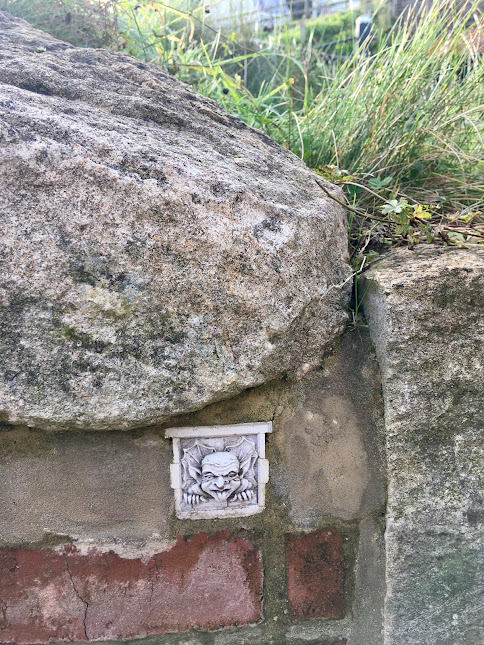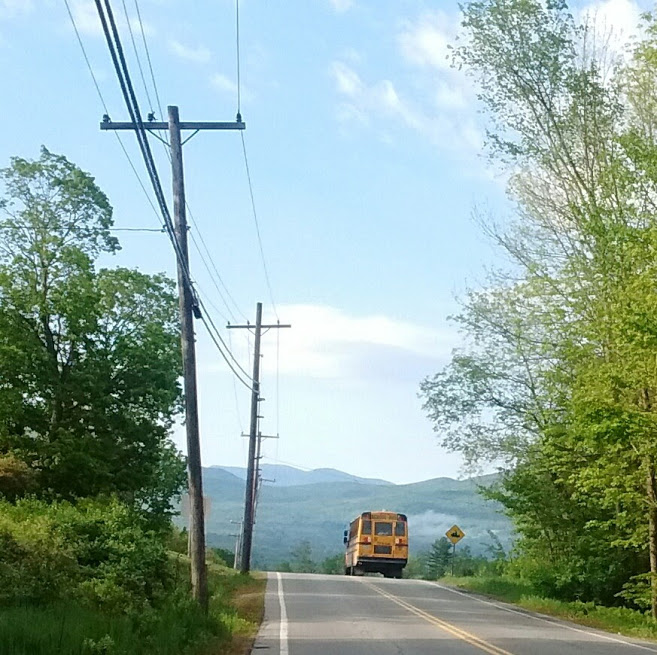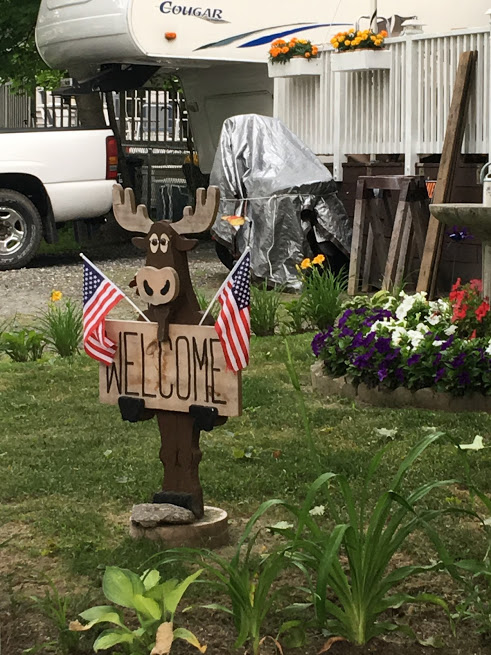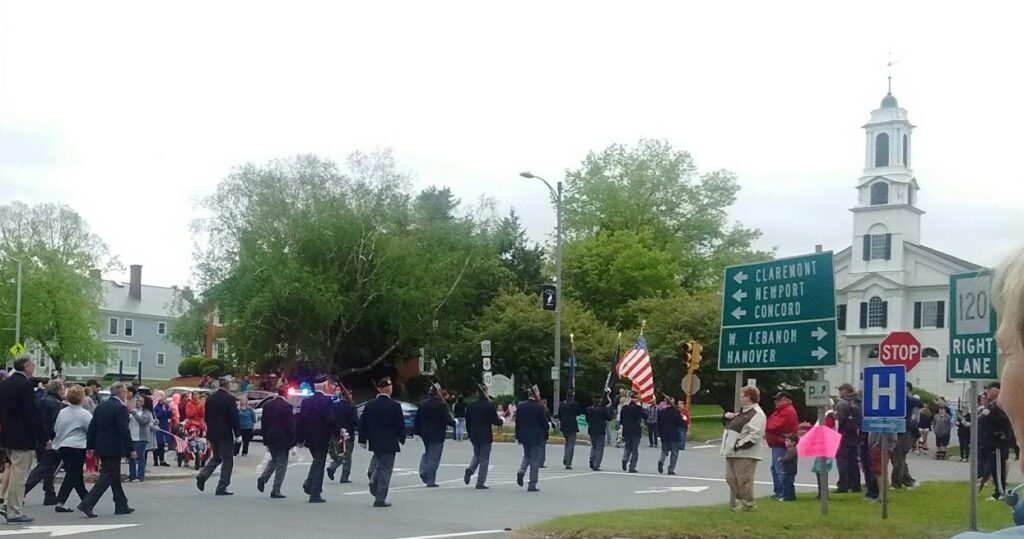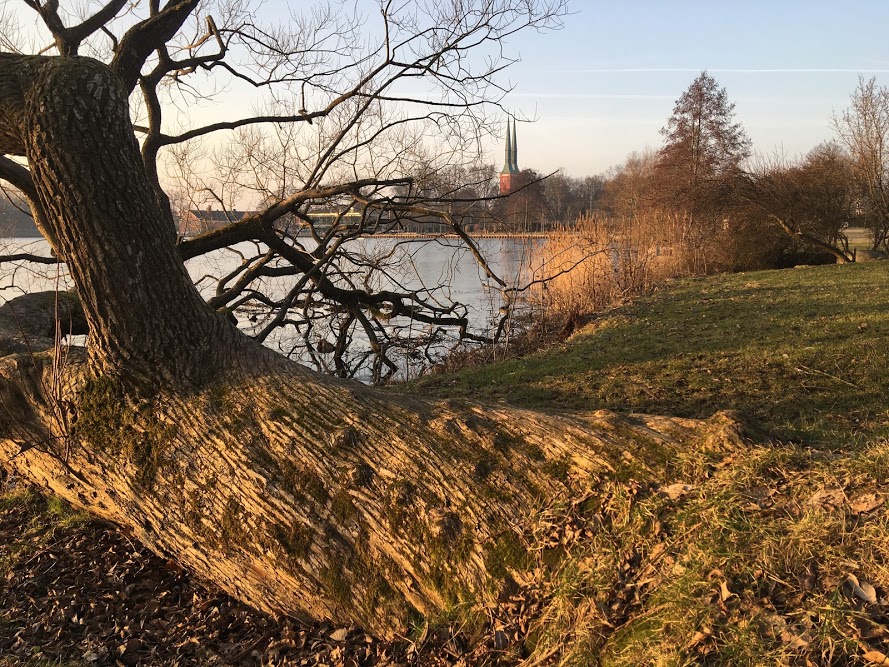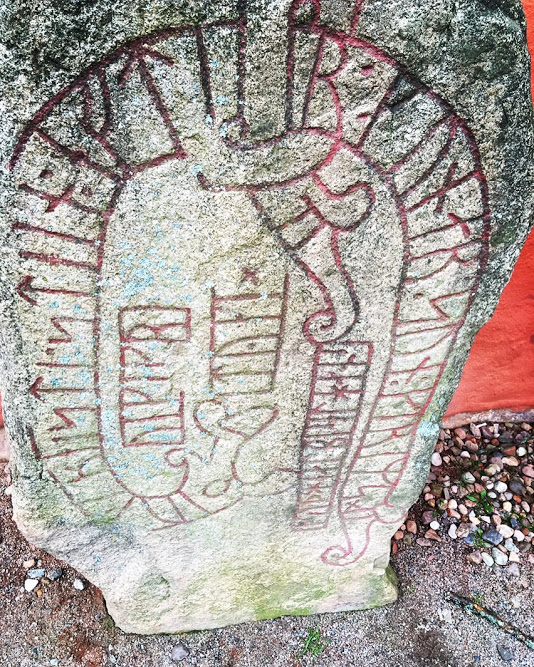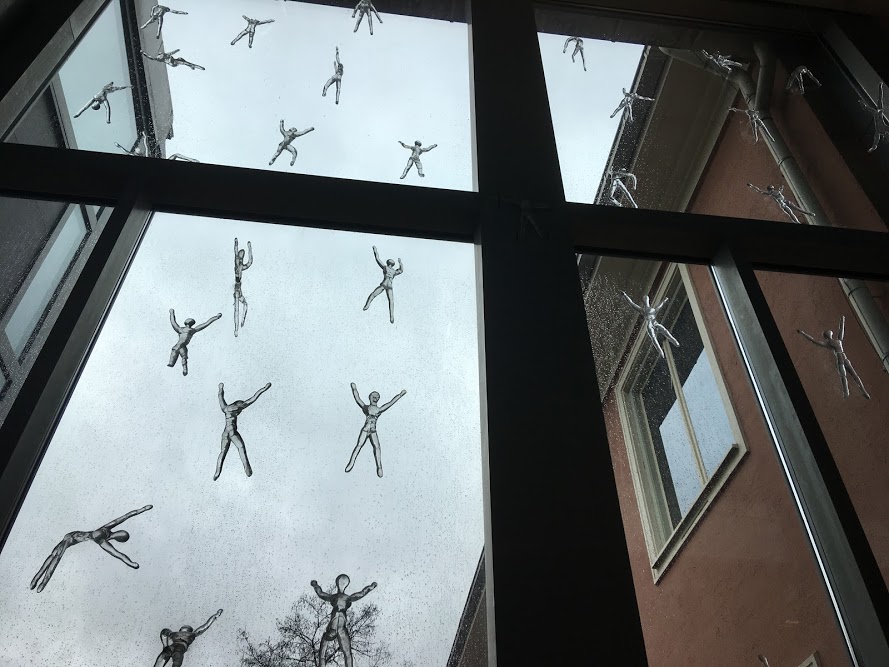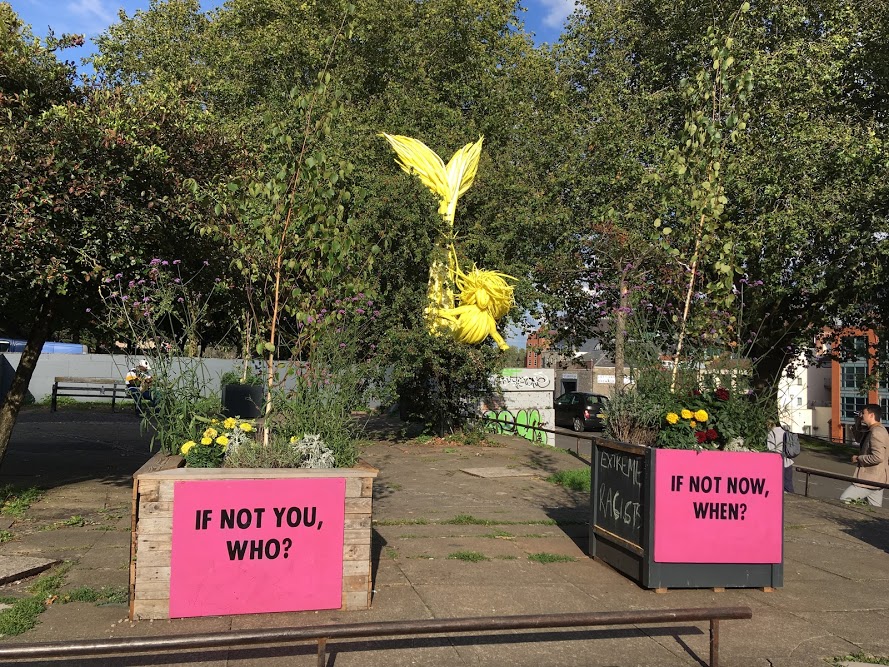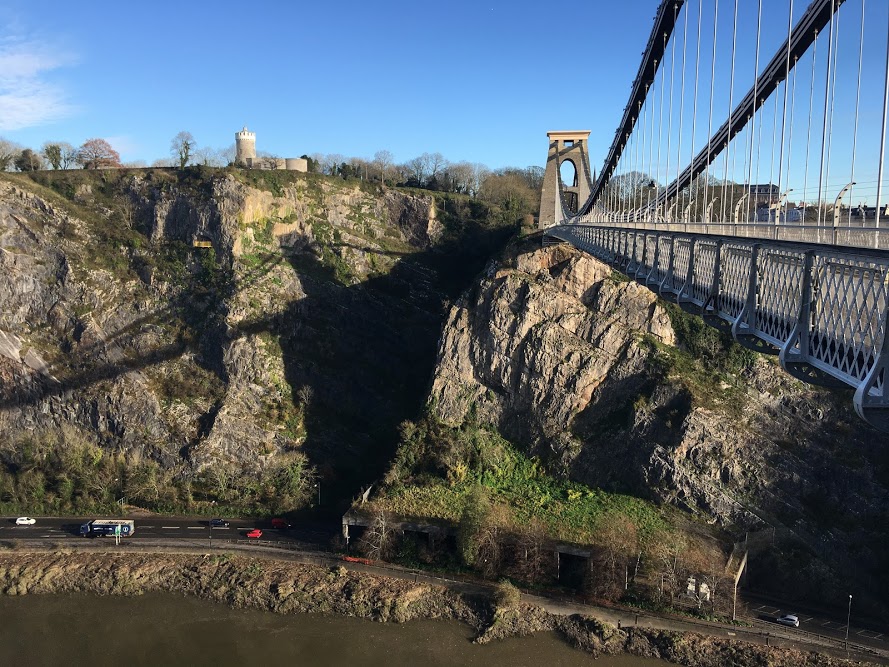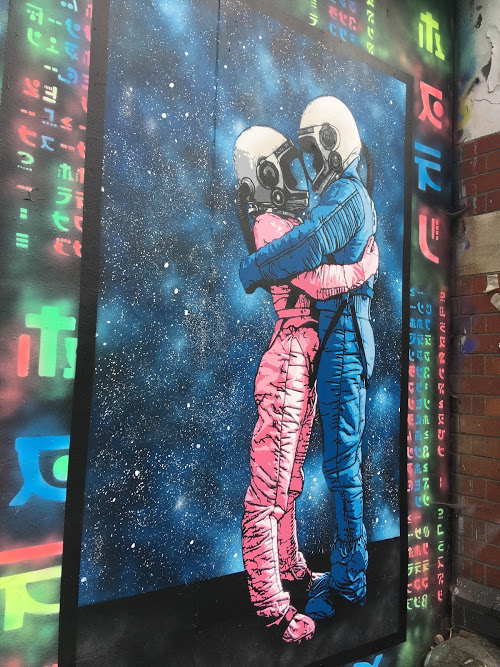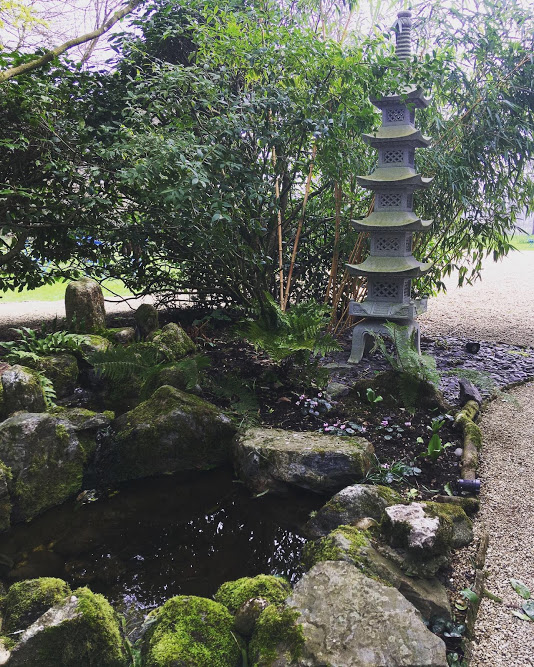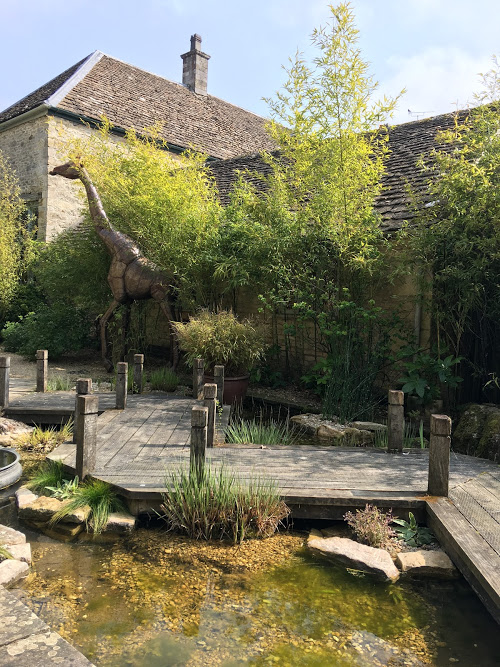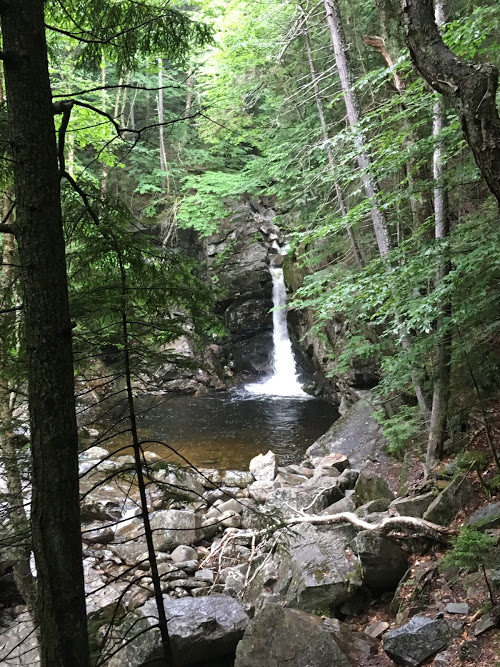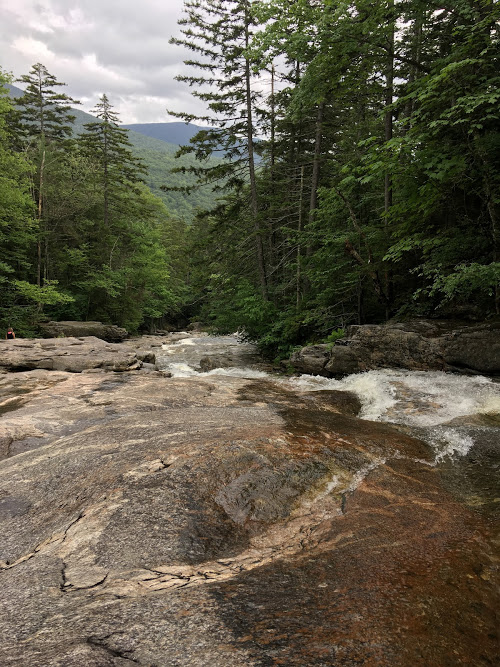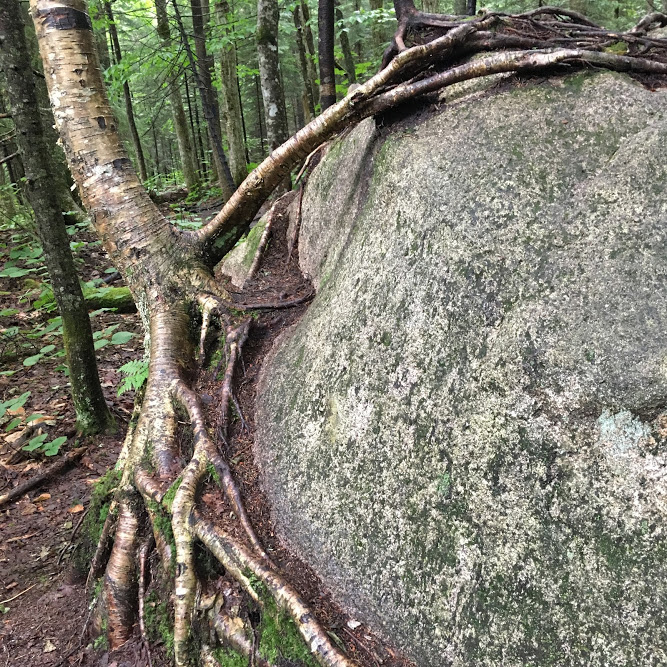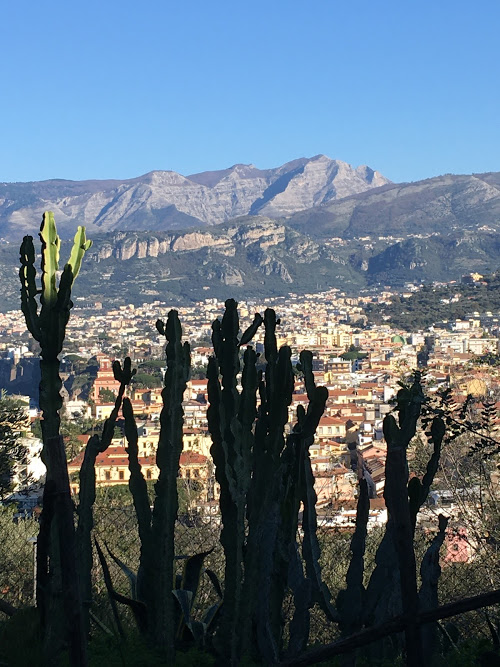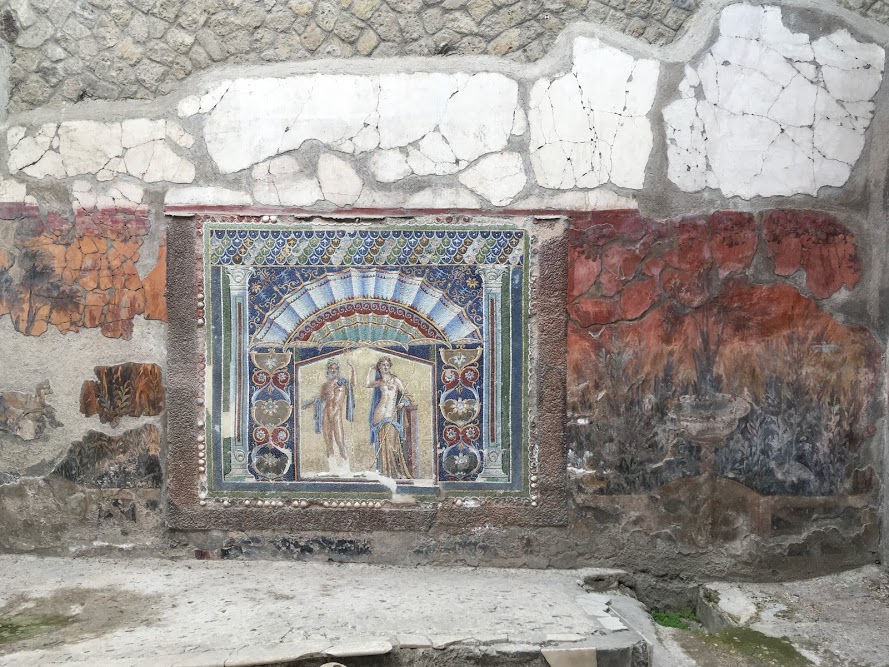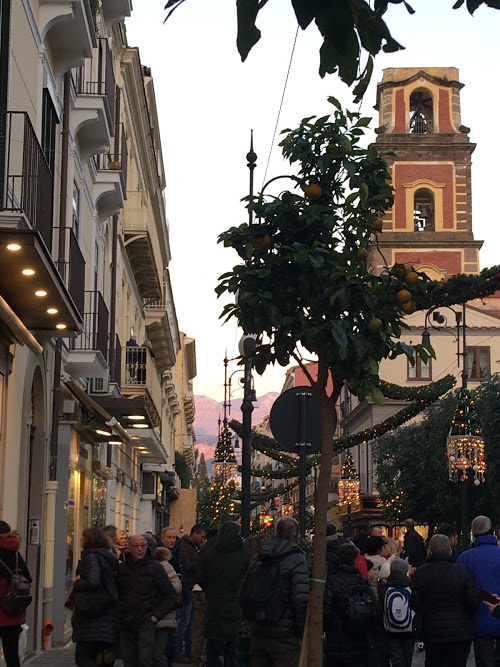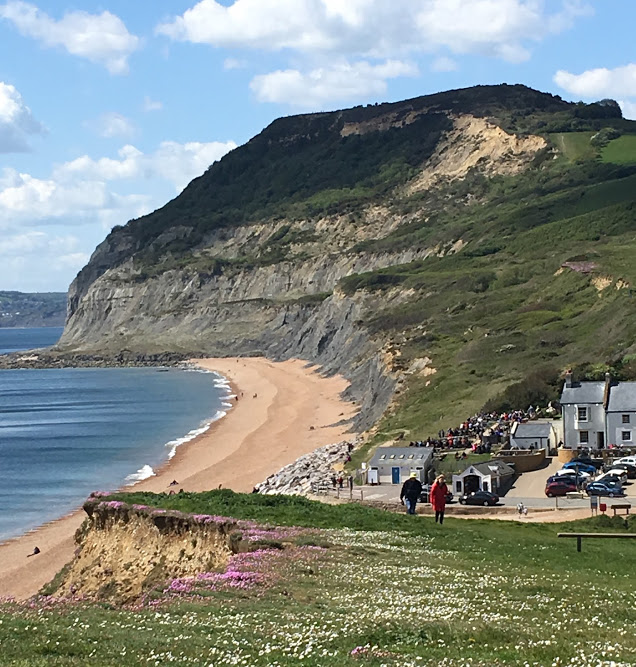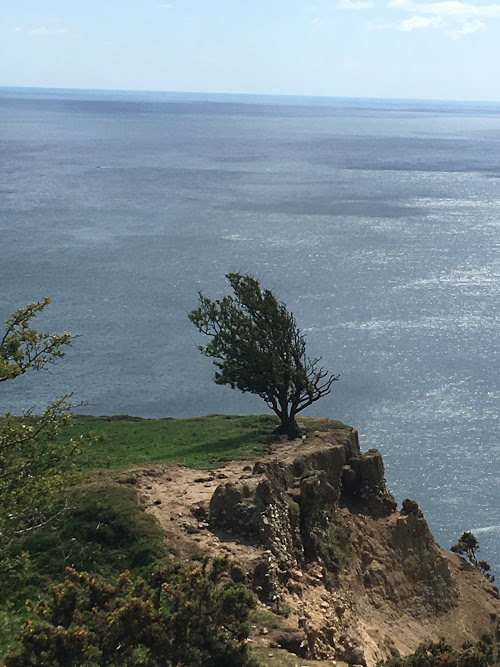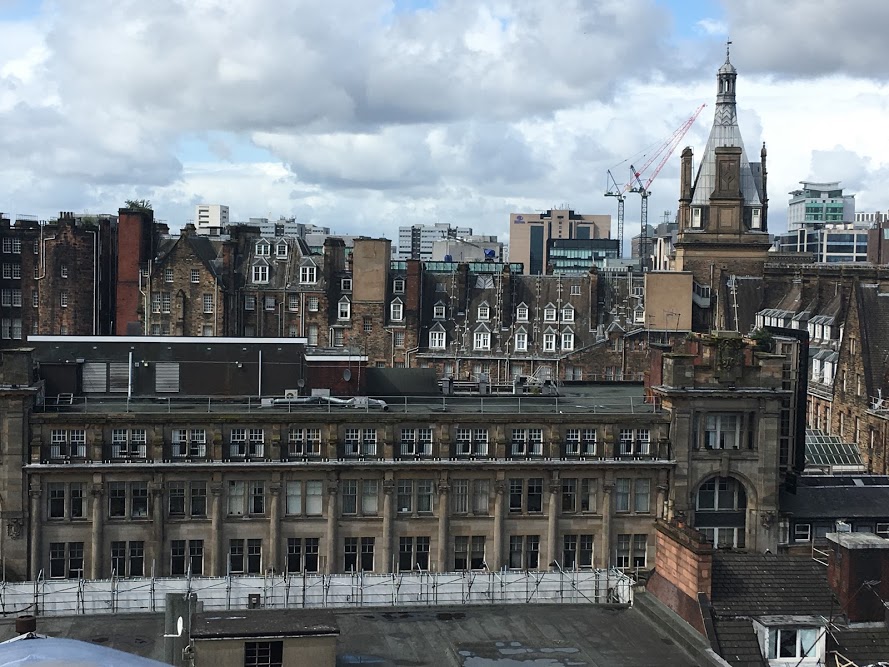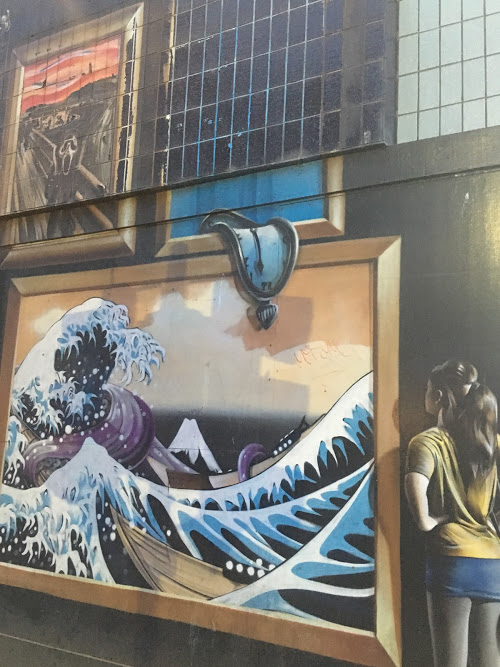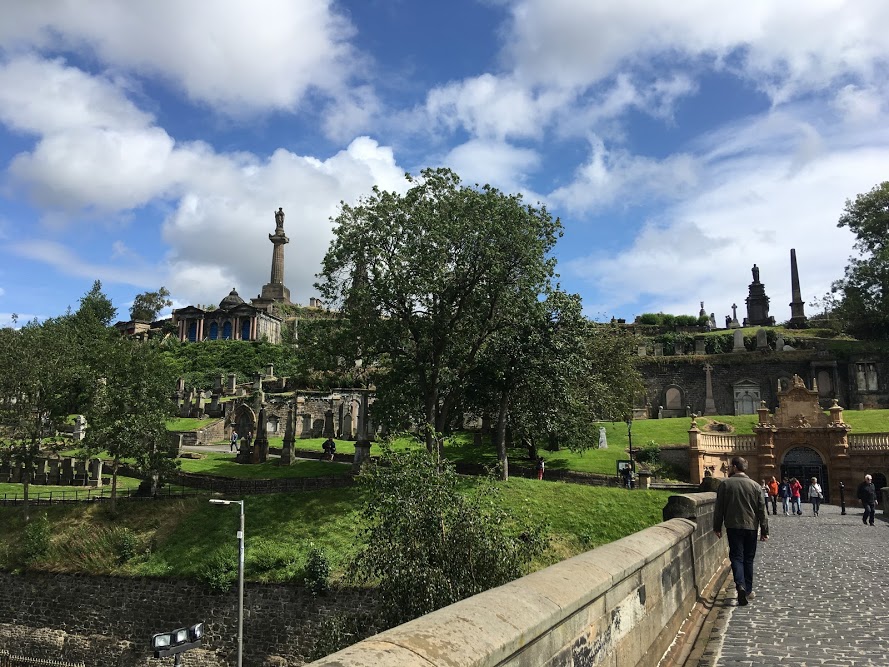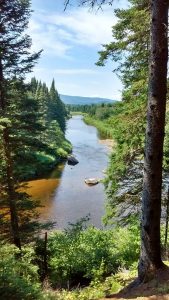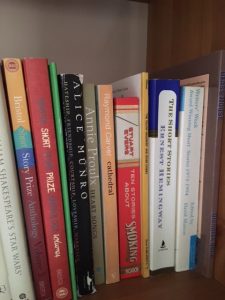This Week’s Bit of String: Setting out the pots and pans
On busy days, I put out the cooking dishes I’ll need for dinner before I even leave for work. I’m convinced it helps me later on.
It’s a mystery to my husband, the difference it makes to have a saucepan out ready for pasta, or a baking sheet for roast veg, maybe even the olive oil standing to attention beside the stove. I realise it doesn’t actually save me time. But it’s a springboard, a little jump in momentum.

If I feel a task is already started, it’s less daunting to carry on with the whole thing. Not that I have much choice regarding cooking dinner! But if it’s a really awful chore, like dusting or scrubbing the shower, having the space cleared and the cloth or scrub brush out convinces me to get on with it when I get up in the morning or come home from the schoolday.
Writing is similar. Just amending Pages’s silly default settings, titling a document, and putting page numbers at the bottom (to be really optimistic), makes me feel I’ve got going. No turning back. And when a piece is properly in progress, I sometimes utilise the trick of stopping midsentence so I know how to crack on when I return to it.
Finding the Way Through
To write a novel, I plan to a fair degree. After all, it’s so much work; I need to be sure something tangibly happens, that my protagonist is transformed in some way. Then I can write with a sense of what needs to occur in the beginning, middle, and end, stepping stones to guide me through the big project.

Short stories are often more vibey for me. I might have a character idea or an event idea, but almost never both. So I won’t necessarily know what happens, or who it’s happening to. Still, a short story feels less unwieldy, and it’s exciting to dive in without a plan. But the amount of options can be daunting.
In lieu of plot points to get me through, for a short story I like to coalesce around a certain language motif, or imagery theme. In “Pie a la Mode,” I followed the schoolyear’s changing weather and linked it to relationships. In “The Albatross of Albany High School,” I had Coleridge’s poem weaving throughout, a thread to follow. My current short story is about a fairground accident so I have all the carnival imagery to focus on.
The Finish Line
I’ve only just finished the fairground story, which I started writing during half-term. It’s been a long time since I did a first draft, and this is a really rough one. Just write it, I had to remind myself. Keep slamming whatever down; shape it later. And holy guacamole, I’ve got plenty here to chisel.
Winging it with writing a story feels similar to the fasting and dieting I’ve been doing. Fasting removes the usual structure of meals, the timings of a day dependent on treats. What are the markers here, am I even nearing my goal?

In an essay for LitHub, short story writer Yukiko Tominga talks about how she knows when to end a story. It’s “when I feel kindness.” Writing is her process toward loving a character despite their flaws. If she still feels “meanness” toward anyone, the story isn’t done.
This seems a beautiful way to view any process, really. We are journeying toward kindness. Any glimmer of sympathy is a stepping stone toward this, any hint of another’s motives is a thread we can follow toward sympathy or even empathy.
Planning ahead with my chores, placing equipment ready, I’m doing myself little favours, getting the initiation of the tasks out of the way. My diet makes me feel kinder to myself, and gives me more focus in the meantime. My current story draft, slapped down with random idea spatters and sprawling tendrils, has material I can work with to feel kindness to the characters and hopefully point readers in that direction.
What kindnesses are you striving for?
